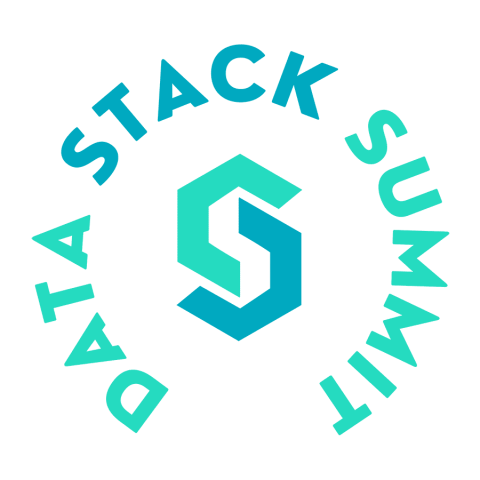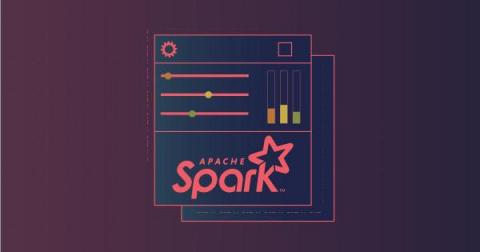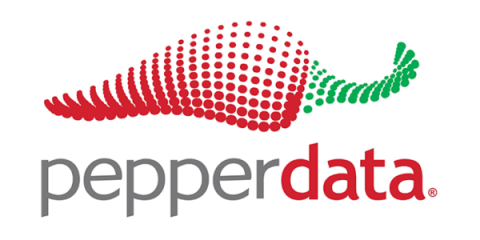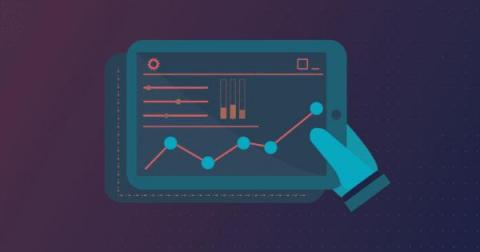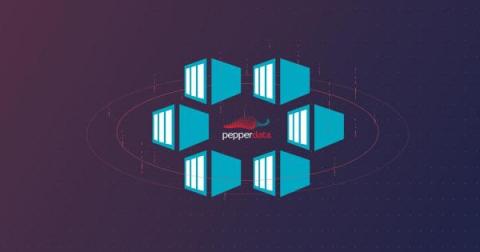Building The Modern Data Stack
As almost 90% of organizations are executing on a multi-cloud strategy for migrating their data and analytics workloads to the cloud, the term “modern data stack” continues to gain more traction. A modern data stack is a suite of technologies and apps built specifically to funnel data into an organization, transform it into actionable data, build a plan for acting on that data, and then implement that plan.


